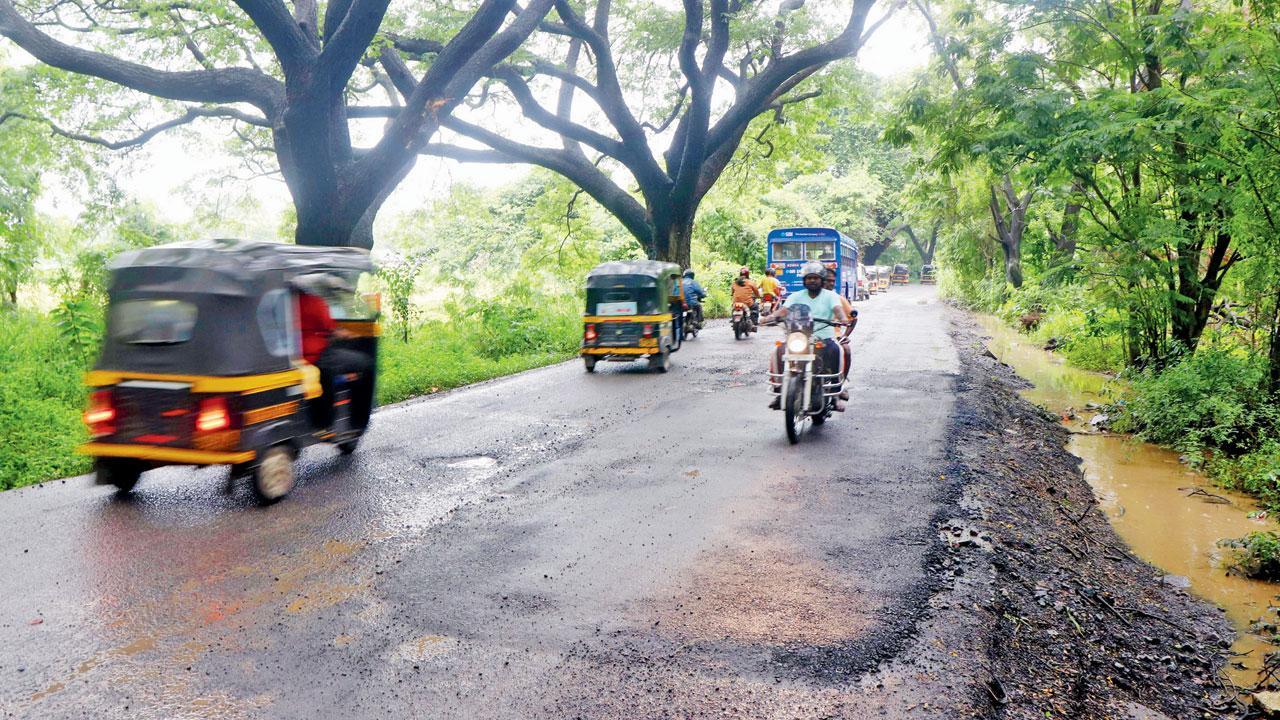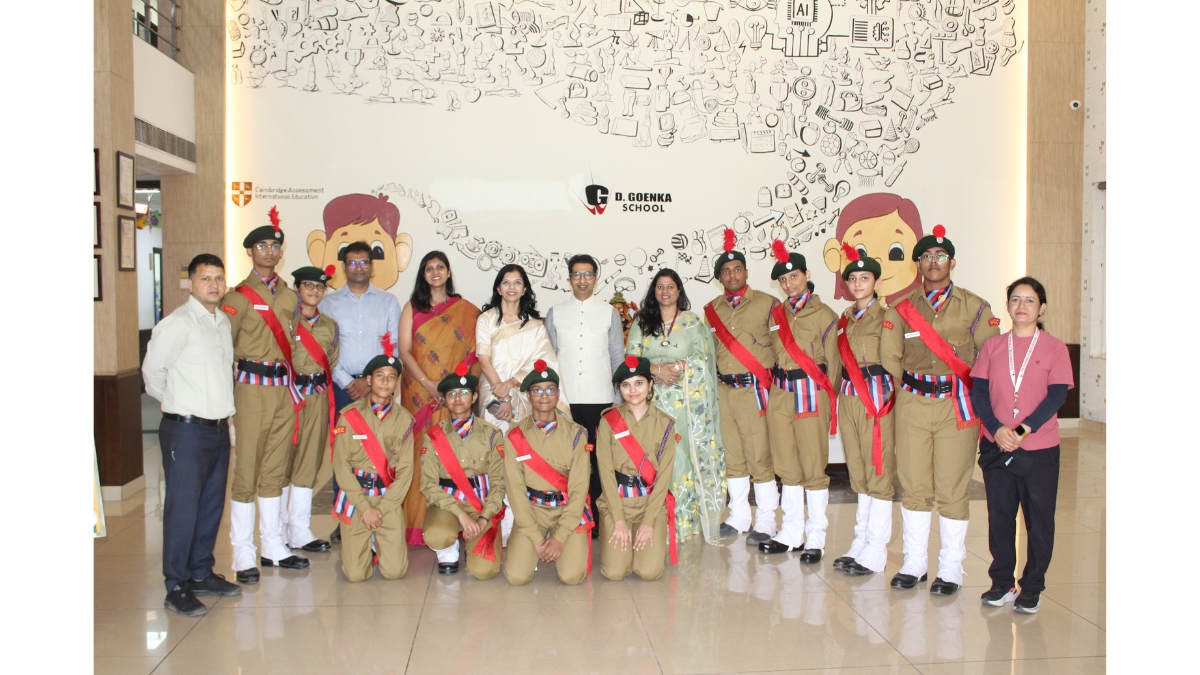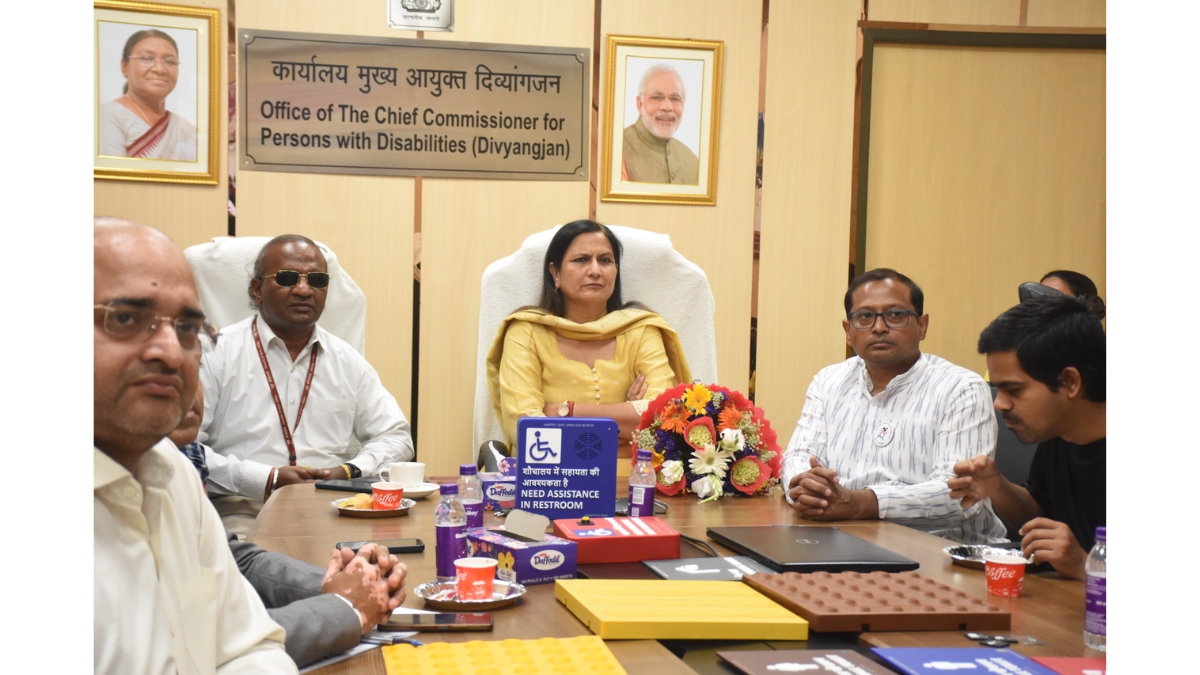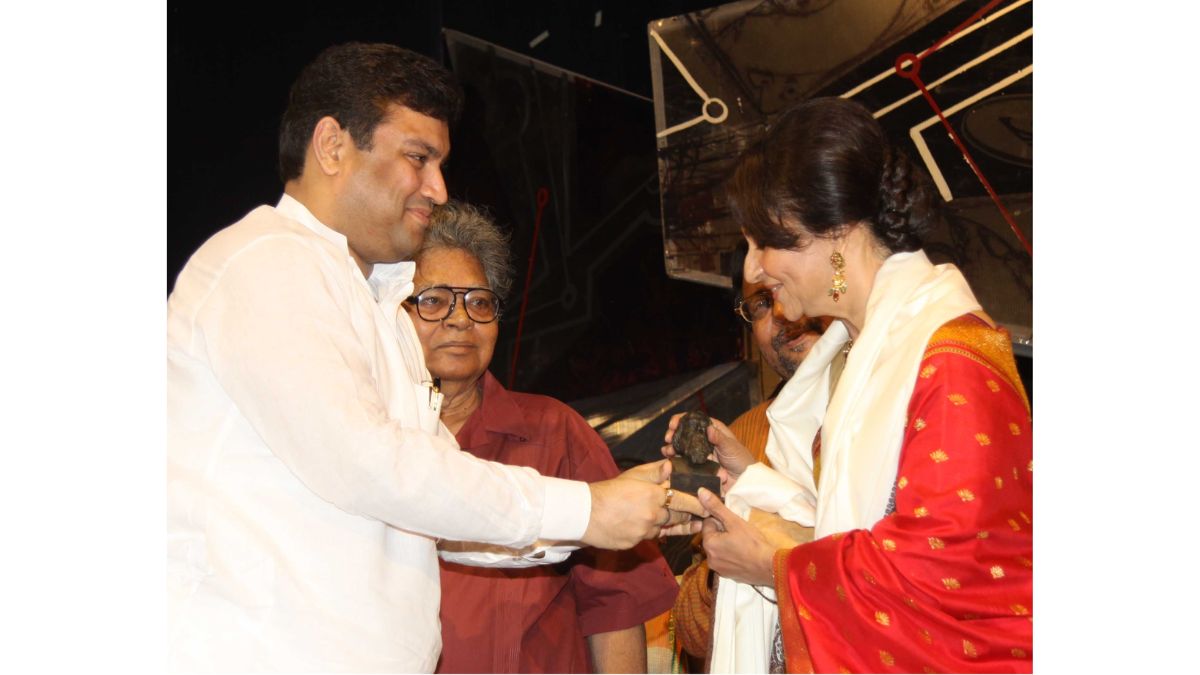Mumbai: Green toll for vehicles using Aarey Road soon

The forest department has proposed a proactive measure to counter the effects of vehicular emissions on the ecologically vital Aarey forest. The administration intends to implement a ‘green toll’, charging non-Aarey residents who commute through the eco-sensitive zone. Every day, more than 25,000 vehicles use the Aarey Milk Colony route, which links Goregaon on the Western Express Highway to Powai and Marol.
An official from the forest department said on condition of anonymity, “On a daily basis, hundreds of vehicles drive through the main Aarey Milk Colony road, which traverses the eco-sensitive Sanjay Gandhi National Park (SGNP), contributing significantly to air pollution in this environmentally crucial region. To solve this issue and reduce the number of vehicles entering the zone, we propose implementing a green toll for vehicles taking this route. The SGNP authorities are in the process of informing the Brihanmumbai Municipal Corporation (BMC) of this intention, as the main route is under its authority.”
Wildlife lovers, nature enthusiasts and locals staying in the colony have been demanding that traffic needs be regulated as vehicles not only cause air pollution but also pose a huge threat to wildlife, including the apex predator of this forest—the leopard. In the past, there have also been instances of wildlife getting killed while crossing the road. While constructing the cement concrete main road, the BMC put in place wildlife crossings, based on the suggestions of the forest department.
Old toll story
Before 2014, the Aarey Milk Colony administration use to collect toll from motorists using the main road through the state public works department (PWD). However, since August 2014, the practice was stopped after the seven-km-long road came under the jurisdiction of the BMC.
The contractor or the toll operator who used to collect the toll on this road had to pay Rs 1.61 lakh to the Aarey dairy department every day as per the terms and conditions of the contract. Sources from PWD had told this newspaper that in 2014, approximately 25,000 vehicles used to ply on this road and the revenue generated from them was about R3.5 lakh per day. This implies that the profit earned by the contractor was Rs 1.89 lakh daily, and roughly Rs 6 crore a year.
Greens welcome move
Activist Zoru Bhathena said, “We are very pleased to see that the forest department is taking necessary steps to regulate vehicular traffic passing through the Aarey forest. A forested area should never be used as a traffic shortcut and so we welcome the plans of the forest department to charge a toll.”
Wildlife Conservationist Kedar Gore from the Corbett Foundation said, “Unless the toll is steep, people may not avoid this road as it offers traffic connectivity between the western and eastern suburbs. Even after paying tolls, speeding will not stop unless speed cameras are installed and offenders are fined regularly. The better option would be to put up mitigation structures, which would be more effective in preventing mishaps and ensuring the safer passage of wildlife.”
Environmentalist Stalin D from the NGO Vanashakti said, “This is a most welcome step. There should be attempts to reduce traffic and pollution in Aarey. Let us not forget that the roads till recently were always toll roads. Even a levying minimum charge is welcome. Tribals can be provided with free passes for two-wheelers registered in Aarey. The rest must pay to use roads inside the forest.”
25,000
No of vehicles using the Aarey Milk Colony road
2014
Year when PWD toll on the road was discontinued
7 km
Length of the Aarey road

Atul Tiwari is a seasoned journalist at Mumbai Times, specializing in city news, culture, and human-interest stories. With a knack for uncovering compelling narratives, Atul brings Mumbai’s vibrant spirit to life through his writing.





